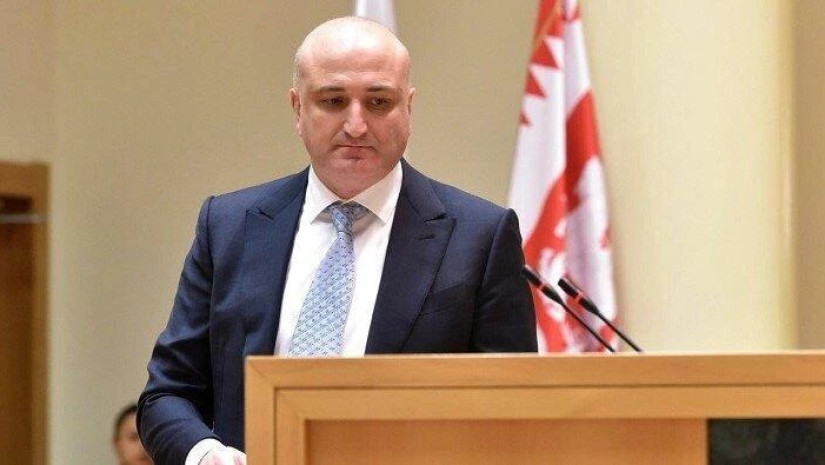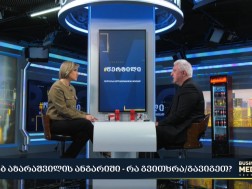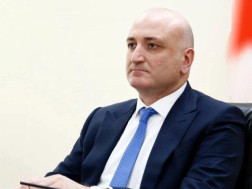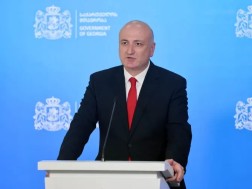Over 100,000 Georgian citizens have purchased drugs imported from Turkey over the two months since the launch of the Government initiative to lower medication costs on the local market by importing products from Turkey, Health Minister Zurab Azarashvili said on Wednesday.
Speaking to MPs in the Minister’s Hour format of the Georgian Parliament, Azarashvili said the reduction of local prices by the initiative meant customers had spent ₾15 million ($5m/€4.7m) instead of ₾50 million ($16.5m/€15.6m) on medication in the time period.
He also noted more than 400 drugs were currently available on the local pharmacy market, pointing out the “daily growing number” of Turkish-imported medicines.
The official called the decision of importing the products from Turkish-based producers “one of the most successful steps” of the Government, noting the reform had facilitated a reduction of prices by “up to 80 percent”.
Azarashvili’s comments also elaborated on the quality of the imported medicines, pointing to meetings with representatives of the Turkish Health Ministry and major pharmaceutical companies to ensure the quality of imported medicines met the “highest international standards”, including the Good Manufacturing Practices standard.
"We got acquainted with the production processes of medicines on the spot and received a guarantee from our Turkish colleagues regarding the quality of medicines,” Azarashvili told lawmakers.
He also announced plans for the establishment of a “national laboratory” in Georgia - “in line with modern standards” - by the end of the year to provide “additional mechanisms for regulating the quality” of medicines circulating on the local market.
A new process of determining reference prices of medicines to increase affordability was also highlighted by the Minister, who announced the introduction of the novelty in the coming months.
Azarashvili also told MPs, Georgia would receive its first order of the Continuous Glucose Monitoring system, enabling children patients with diabetes in the country to benefit from “one of the most accurate, high-quality and officially authorised” devices for a “painless management” of the disease.
He added the budget of the State Diabetes Management Programme for 2022 had been increased by GEL 5 million, enabling the state body to fund continuous blood glucose monitoring for people under 18 and diagnosed with diabetes.
Azarashvili also said a “gradual increase” in salaries of general paediatricians and nurses was planned as part of the primary healthcare reform already launched by authorities.
The budget of the country’s Universal Healthcare Programme exceeded GEL 24 million in 2021 and is currently covering 94.7% of the Georgian population, the Minister noted, adding spending on healthcare had increased “almost five-fold” in support of ongoing reforms.
















